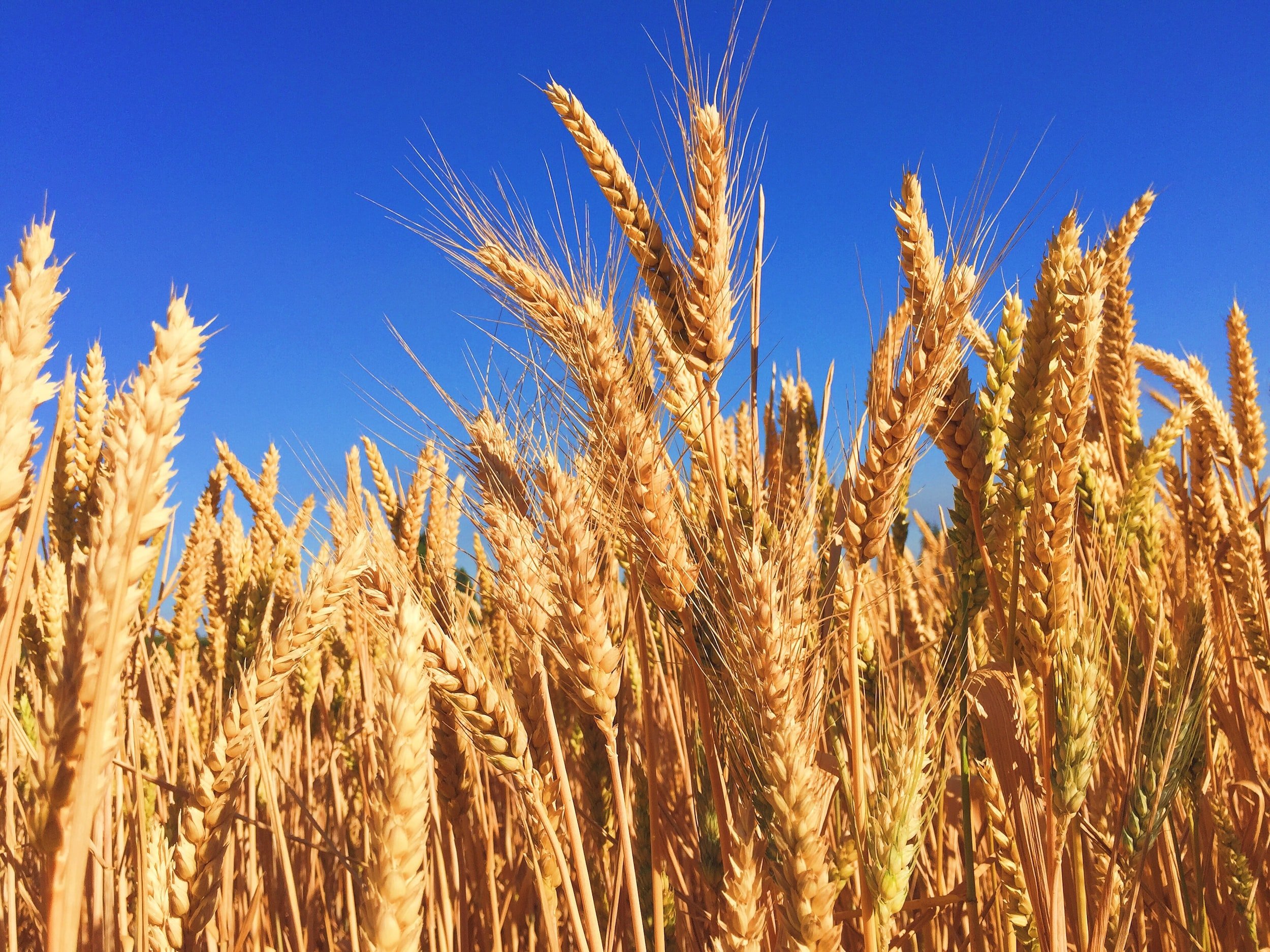Afghanistan's Ministry of Agriculture, Irrigation, and Livestock announced a notable increase in wheat yields, despite severe floods this year. Wheat yields have increased by 15-20% compared to the previous year, according to Deputy Minister Sadr Azam Osmani.

Osmani attributed the rise in wheat cultivation and harvest to the ban on poppy cultivation, which has led many farmers to shift to wheat production. Statistics from the Ministry indicate that 6% more land has been planted with wheat in 2024 compared to the previous year.
The Ministry has formed various committees to identify lands damaged by the recent floods and take steps to rehabilitate them. These efforts are part of a broader initiative to support farmers and boost agricultural productivity.
This year, the Ministry distributed 33,000 metric tons of wheat to farmers and plans to distribute 60,000 metric tons in the coming year. Deputy Minister Osmani emphasized that these distributions are part of ongoing efforts to expand cultivated areas and produce improved seeds to achieve self-sufficiency.
According to the Ministry, Afghanistan needs 6.9 mn metric tons of wheat annually. The recent increase in wheat yields and the planned distributions aim to meet this demand and reduce the country's reliance on wheat imports.
Follow Daryo's official Instagram and Twitter pages to keep current on world news.
Comments (0)